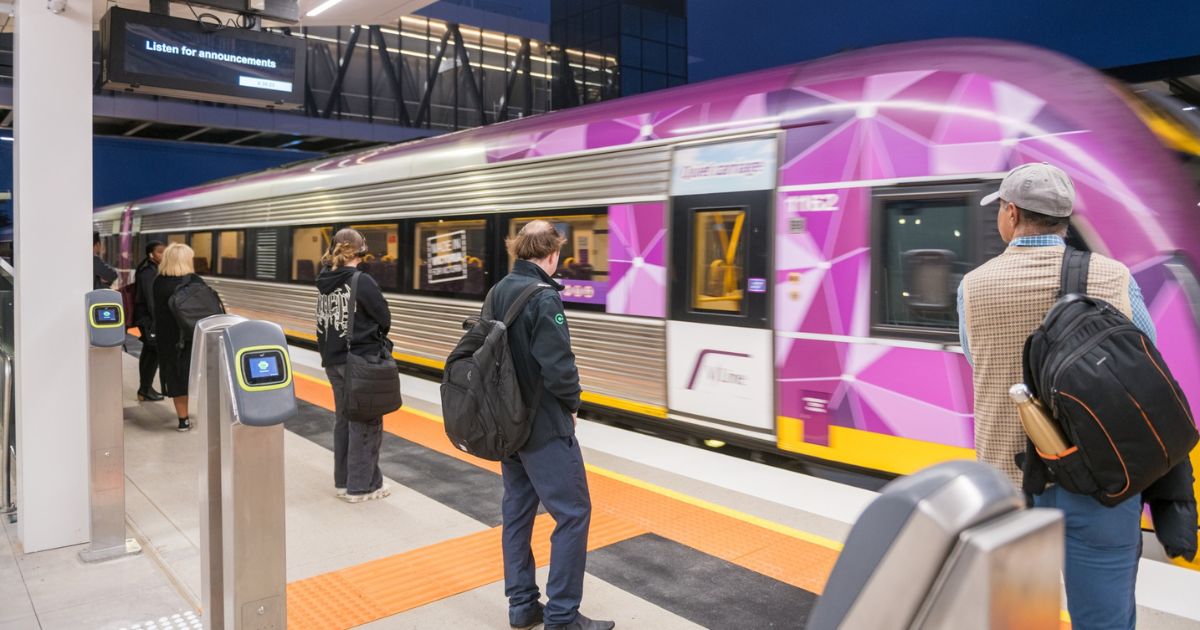Body cams to curb hospital violence

Unacceptable: Ambulance Victoria acting area manager for Loddon Mallee, Timothy Fraser, and Bendigo Hospital emergency department head, Dr Simon Smith, said their staff had faced verbal and physical abuse in the workplace. Photo: KATIE MARTIN
BENDIGO Health has begun trialling body cameras on some hospital staff following an increase in violent attacks on workers.
As part of the month-long trial, led by services provider Spotless, a portion of their security workers will wear the cameras to capture footage of abuse.
Emergency department head Dr Simon Smith said the program was aimed at ensuring hospital staff safety and potentially changing the behaviours of violent, drug-affected patients.
“It’s possible that footage could be utilised for education and try to teach people that this is what they look like when they’re drug affected and abusing staff,” he said.
“Perhaps down the track that might lead to improvement in behaviours.”
Occupational violence includes physical and verbal abuse towards all levels of hospital staff, and Dr Smith said words could wound just as much as actions.
“I can tell you after you’ve worked a long clinical shift, if you’ve been subjected to people yelling and screaming and abusing you it’s incredibly hard to go home and forget about that,” he said.
“It’s draining on staff. We’re asking them to come back day after day to do their work to look after the Bendigo community and its really tough when they’re subjected to this sort of verbal abuse.
“They’re amazing people doing amazing work and we really feel they should be respected, and they should not be physically or verbally abused in their line of work.”
The abuse also extends beyond hospital walls, with Ambulance Victoria’s annual report revealing there were 631 attacks on paramedics across the state in the last financial year.
While slightly down from the previous year, Ambulance Victoria acting area manager for Loddon Mallee, Timothy Fraser, said the number was still too high.
“For us that’s 631 incidents too many. Ambulance Victoria has zero tolerance for occupational violence towards our paramedics,” he said.
“What we’re asking the community for is to keep our workplace safe so that we can do what we do best, which is treat our community and save lives.”
The attacks, which involved verbal abuse, aggression and assault, caused some paramedics to take time off work.
“At the moment we’re in a high workload demand, especially with the pandemic, so when we know our staff are under stress, we put as much support in as we can,” Mr Fraser said.
New Ambulance Victoria training programs were launched earlier this year aimed at helping staff predict violent behaviours from members of the public and respond to incidents.
Dr Smith said Bendigo Health was also working with law enforcement to strengthen the relationship between the emergency services for occupational violence situations.
“We’re trying to build further lines of communication with the police to ensure that when cases need to be referred to them, we can make that more accessible so that staff know the other emergency services have their back,” he said.


















